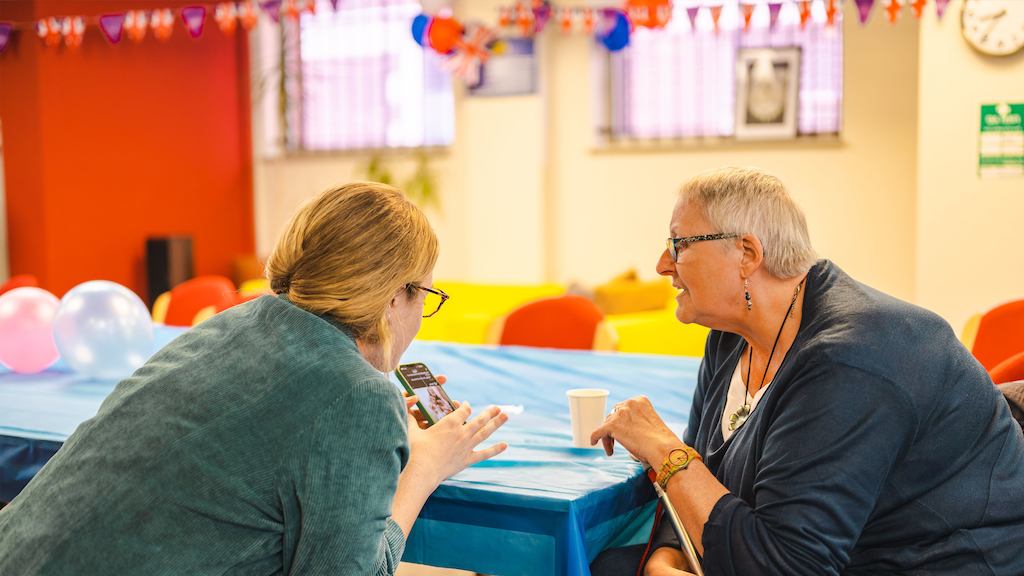The UK theme for this year’s International Day of Older People is: “The part we play”: Celebrating the integral role of older people in our communities.
Across the United Kingdom, events will be held reflecting, celebrating and adding to older people’s tremendous contribution to their communities.
As always, Age-friendly Communities up and down the country have excelled themselves in creating inclusive events that embody the spirit of the annual theme.
We’re aware of hundreds of events being held the length and breadth of the country including festivals, workshops, exhibitions, poetry performances, photo competitions, history walks, lighting of public buildings, theatre performances, discos, mayoral lunches and so much more.
It is only right that this contribution should be celebrated and recognised but we must also be mindful to never take it for granted.
If it is not supported, empowered and facilitated in the right way, that contribution could start to dwindle.
The onset of the COVID-19 pandemic caused rates of formal volunteering to decline and rates are still to recover to pre-pandemic levels.
While older people continue to have a greater sense of belonging to their local area than younger people, the proportion of people aged 65 and over who feel they belong has also fallen to below pre-pandemic levels.
In a world where information sharing and social interaction increasingly occurs online, the quarter of people aged 65 and over who don’t have access to the internet at home or the half of people aged over 75 who lack essential digital skills are at ever greater risk of exclusion.
Ageism is embedded in society, around half (46%) of people aged over 50 report experiencing ageism in the last year.
Age-based prejudice causes significant harm to older individuals and often acts to limit older people’s participation and involvement within society.
Since 2010, there has also been significantly reduced investment by local authorities in many community services relied on by older people, including community halls, libraries and public toilets.
The reduction in access to these facilities acts to limit older people’s involvement and interaction with their local community.
Fortunately we have seen the number of Age-friendly Communities more than double in the UK since 2020 – now standing at more than 85 places across the country committed to making their community a better place to age in and home to more than 26 million people.
By embracing the eight domains of Age-friendly Communities framework, places can improve their structures and services to meet older people's needs and all of us as we age.
Expanding the UK Network of Age-friendly Communities further, ultimately to encompass the whole country, will help ensure that older people have the best opportunity to have the most lasting and impactful parts to play in their own communities. Now that really is worth celebrating.
